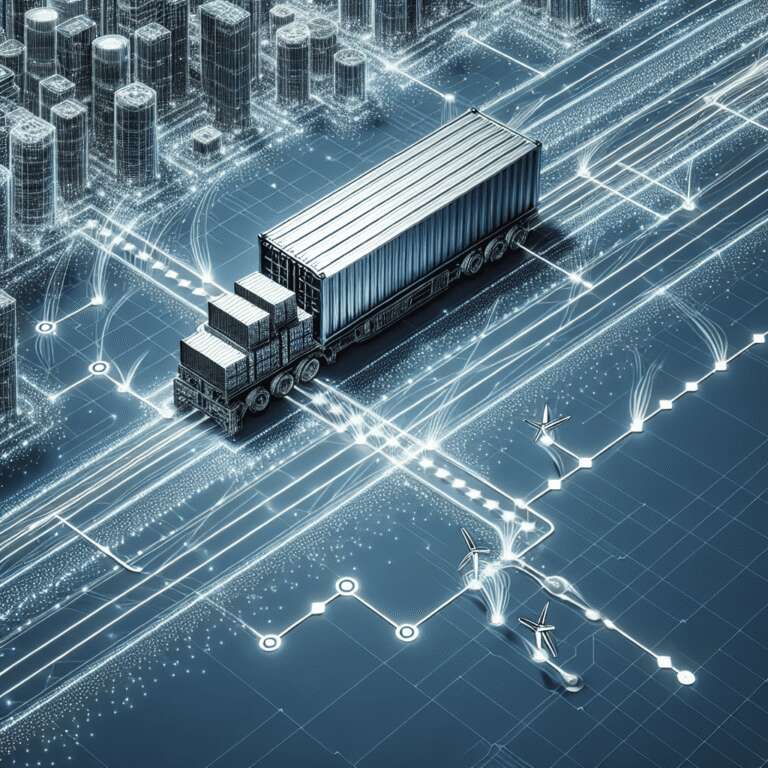The latest report from ResearchAndMarkets.com highlights a steep growth trajectory for generative Artificial Intelligence in the global logistics sector, forecasting the market to expand at a compound annual growth rate of 32.5% from 2024 through 2030. The report delivers an in-depth analysis of key market segments, revealing that logistics solutions and logistics software are both expected to surge, with the former anticipated to reach significant valuations by 2030. The study identifies major drivers such as the rising demand for automation, e-commerce expansion, and the push for sustainable, cost-effective supply chain management—aided by the integration of IoT devices and real-time analytics that reinforce supply chain visibility and responsiveness.
Generative Artificial Intelligence is revolutionizing logistics operations by addressing inefficiencies in traditional, manually-controlled logistics networks. Through predictive analytics and real-time data processing, it enables companies to forecast demand more accurately, streamline inventory management, and optimize resource allocation to meet dynamic market circumstances. The application of Artificial Intelligence stretches across route optimization, predictive fleet management, and warehouse automation, thereby reducing operational costs, boosting delivery speed, and minimizing environmental impact. Notably, governments and industry players are accelerating digital transformation initiatives, further cementing Artificial Intelligence´s pivotal role in maintaining competitiveness and resilience in logistics.
Businesses worldwide are swiftly adopting generative Artificial Intelligence to realize cost savings, drive operational efficiency, and elevate customer satisfaction. Predictive maintenance, powered by sensor and historical data analysis, enables proactive asset management and reduces downtime, while dynamic pricing and hyper-personalized customer experiences set new industry benchmarks. The technology´s strategic value is also evident in fortifying supply chains against global disruptions caused by pandemics, geopolitical tensions, or climate events. Additionally, generative Artificial Intelligence is instrumental in promoting sustainability by optimizing logistics operations to lower emissions and resource consumption, and its integration with blockchain enhances transparency and ethical standards. The report also covers regional market trends and profiles leading industry players, including Accenture, IBM, Cognizant, and Blue Yonder, underscoring the sector´s rapid evolution fuelled by Artificial Intelligence innovation.

